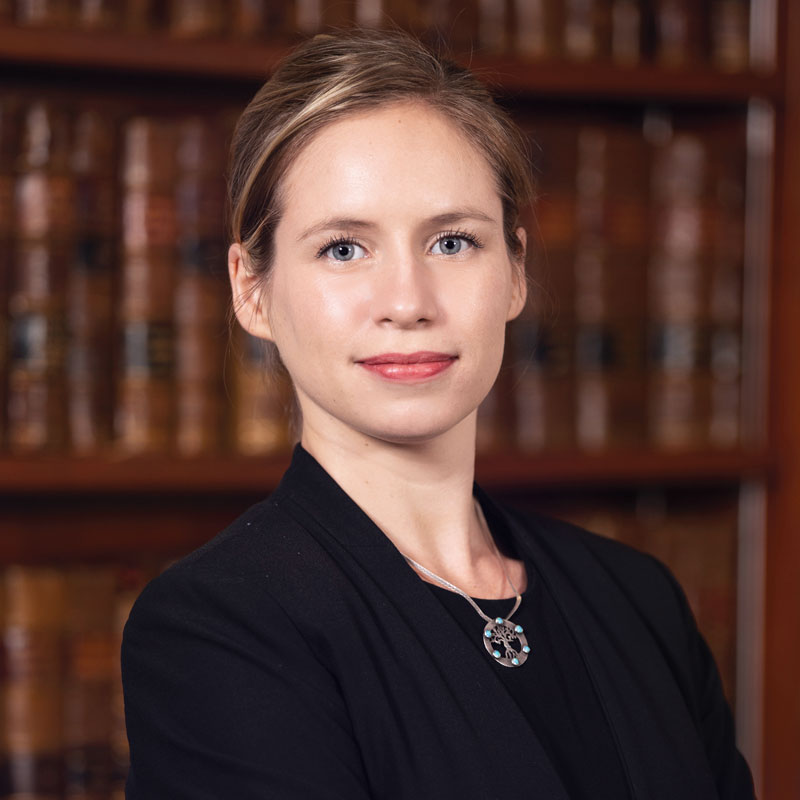AD v RT [2024] 5 HKLRD 224, [2024] HKCFI 2173 (Madeleine Booth)
Madeleine Booth represented the respondent in AD v RT [2024] 5 HKLRD 224, [2024] HKCFI 2173.
This was an application in ancillary relief proceedings by H, opposed by W, to cross-examine the single joint expert on his valuation of a number of companies which valuations had been agreed by the parties.
Held, dismissing the application, that:
- (1) There were clear expressions of H’s agreement to the valuations. Withdrawing those admissions required the Court’s leave. H had not made any such application. (See paras.22-30.)
- (2) H’s argument that the Court was not bound by the valuations did not help him because the question was whether he was bound by his agreement to them. (See para.31.)
- (3) His reliance on Ho Yat Wah v Chung Hang Him did not help him because the plaintiff there had never indicated his agreement to the opinion of the single joint expert in that case (Ho Yat Wah v Chung Hang Him [2019] 1 HKC 471 distinguished). (See para.32.)
- (4) Nor was he helped by his reliance on the quasi-inquisitorial role of the court in ancillary relief litigation. As the authorities show, the court was not required to investigate all issues but only those that it considered relevant (LKW v DD (2010) 13 HKCFAR 537, Mimi Kar Kee Wong Hung v Raymond Kin Sang Hung (No 2) (2015) 18 HKCFAR 210 applied). (See paras.33-37.)
- (5) H was in effect proposing that that the expert give oral expert evidence at the trial without prior notice to the parties of what his evidence would be, thus leaving the parties, especially W who would be on the receiving end, without a proper chance to prepare beforehand. (See para.41.)
- (6) The overall circumstances pointed in the direction of H’s attempt to withdraw his admission on valuation having to be rejected. First, he had given no valid reason for his change of mind. Second, the Court did not consider his application to be made in good faith. Third, re-opening the valuation issue would be of great prejudice to W for which costs would not compensate her, because her and her legal team’s efforts in relation to a 19-day trial due to commence soon would be diverted to dealing with that issue. Fourth, H would be the author of any prejudice he may suffer. Fifth, it was doubtful that he could successfully challenge the expert’s valuation in the absence of contrary expert evidence (Re Ng Wai Jing [2016] 2 HKLRD 1460 applied; Chow Ching Yee v Wong Hung Kee [2020] HKCFI 2555 considered). (See paras.45-57.)
[The above is excerpted from the headnote to the report in HKLRD.]


